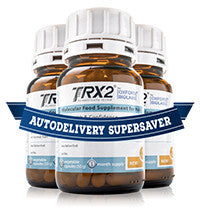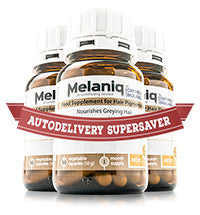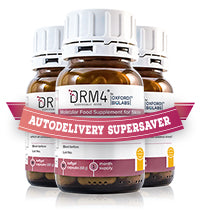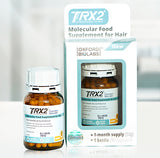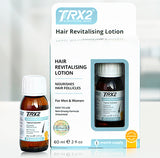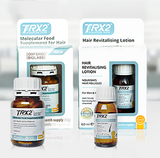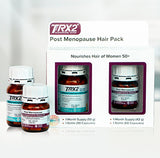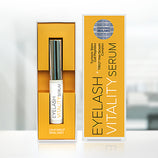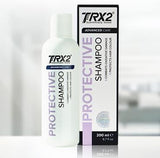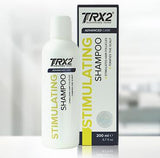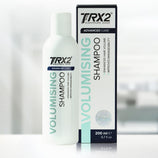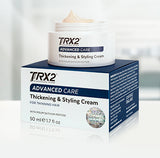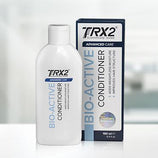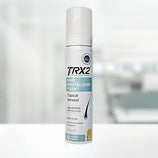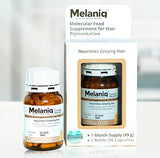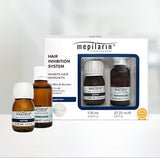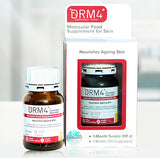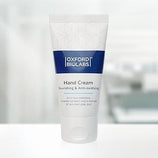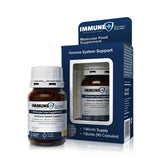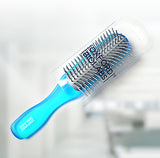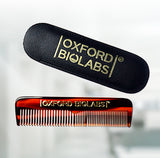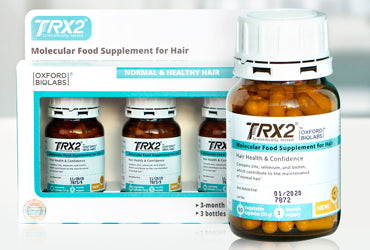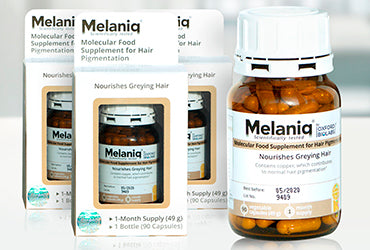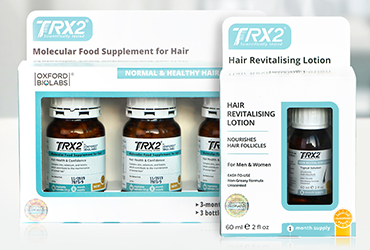Is there a natural way to reduce grey hair?
Ageing is exciting ‑ and at the same time ‑ it can be torturous and full of anguish. When we age, our bodies slowly become less limber, our skin becomes less elastic, and our hair becomes a sore topic. Although ageing is natural and expected, premature hair loss and greying hair are rarely welcome or desired.
Those grey wisps may appear with age, or may be related to genetics, poor diet, or smoking. When grey hair hits, nobody really stops to think that it can be delayed. Science has shown that although reversal is unlikely, for now the hope of grey hair sufferers lies in reducing oxidative damage.
Grey hair has a lot to do with genetics
Dermatologists have the “50-50-50” rule, which states that by age 50, 50% of Caucasians will have lost 50% of their natural hair colour. But according to a worldwide survey, this rule needs to be adjusted. British researchers found that in certain populations, 6 to 23 percent are grey by 50. This means that genetically, every person has a certain probability of going grey. People that start to go grey before 50 likely have parents or grandparents that had the same experience. Heredity is one of the key factors, but the mechanisms of how and why greying occurs are still being investigated.
Free radicals may cause grey hair

Research has shown that not only do free radicals build up in hair follicles, but they may be the root cause of greying hair.
While these free radicals are normally neutralised when a person is young, this process slowly becomes less effective with age. By understanding the mechanism of how hair turns grey, it’s possible to prevent the build-up of such free radicals and extend the life of one’s natural hair colour.
The number and variety of hair and skin colours is truly amazing. Hair colour is dependent on the production of pigment - melanin. Different types of melanin also give skin its colour, which accounts for the differences in race.
The production of melanin happens in special cells called melanocytes and requires numerous enzymes, vitamins, and minerals. A deficiency in any one component may prevent normal pigment production and may lead to early greying.
With ageing, the body’s natural abilities to neutralise free radicals becomes less and less active. As hair follicles start accumulating more and more free radicals, several things occur. Hair starts ageing and this causes hair to fall out, become grey, and get more brittle and weak. But thankfully, preventing signs of oxidative stress is possible with the optimal combination of nutrients.
Apart from learning that free radicals induces hair damage, researchers showed that they also cause melanocytes to die and incur DNA damage.
Which vitamins can prevent greying hair?
Diet and general lifestyle have a big impact on greying and hair health in general. Eating a healthy diet and keeping up with exercise has a positive effect on hair health and will support hair colour naturally.
The following vitamins can save hair from going grey:
- Vitamin B12 - A deficiency in this vitamin leads to a condition called pernicious anemia. This particular type of anemia is responsible for brittle nails, hair thinning, and greying hair. Studies have shown that taking supplements with Vitamin B12 and Folic acid help with treating vitiligo (a condition where skin and nails lose skin color).
- Vitamin C - Is the vitamin that is responsible for collagen formation and also happens to be a strong anti-oxidant, so Vitamin C can stop free radicals from doing damage to hair and the body.
- Vitamin B9 (Folic acid) - As mentioned above, deficiencies in Vitamin B12 and Folic acid have been implicated in the premature greying of hair.
- Vitamin D3 - Scientists demonstrated that people experiencing premature greying had low levels of Vitamin D3.
Conclusion
Going grey is rarely pleasant. With all the environmental factors, stresses, genetics, and diet-related issues coming into play, what can be done? Melaniq® consists of scientifically proven ingredients that promote a natural hair colour. Keep the grey at bay with Melaniq®!
